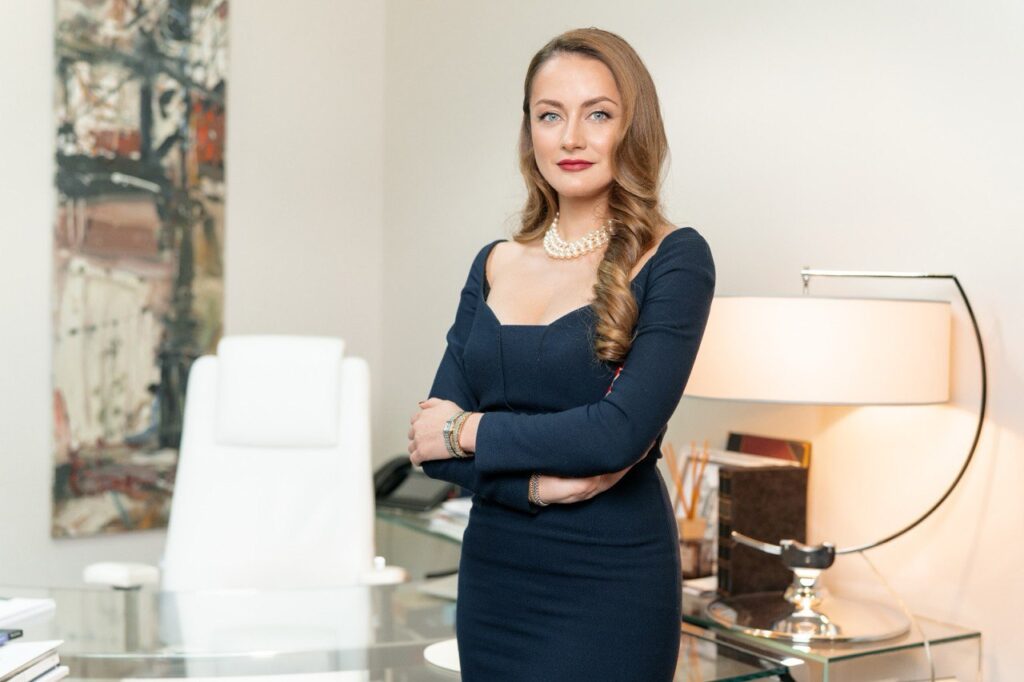In a detailed interview, Anna Ogrenchuk, President of the Ukrainian Bar Association from 2020 to 2022 and Managing Partner of LCF Law Group (Kyiv, Ukraine), emphasized that the international security system is outdated and in need of reform. She noted that none of the existing institutions and mechanisms were effective in either preventing or stopping Russia’s armed aggression against Ukraine. Although the UN has recognized Russia as an aggressor country, Russia continues to be a key member of the UN Security Council, retaining its voting and veto powers. Ogrenchuk believes that reforming the security system and global security institutions represents one of the main challenges of our era, crucial for ensuring future peace.

Ogrenchuk emphasized the need for forceful counteraction against armed aggression and the importance of meticulously documenting and investigating all violations of international humanitarian law to bring the guilty to justice. She noted the efforts of the Ukrainian Bar Association in this regard, including the establishment of a hotline to mitigate the negative impacts on Ukrainian citizens and businesses due to the war.
The Association has been proactive in gathering and analyzing information on war crimes, crimes against humanity, and genocide, in collaboration with the Global Accountability Network Ukrainian Task Force. This work forms the foundation of reports used to hold the Russian leadership accountable. Ogrenchuk also highlighted the use of the Eye Witness To Atrocities electronic application, developed by the International Bar Association, which has been crucial in collecting evidence in conflict zones. This tool has provided over 40,000 pieces of evidence since the beginning of the war in Ukraine, showcasing the effective integration of technology and law.
Furthermore, Ogrenchuk mentioned the Ukrainian Bar Association’s collaboration with USAID to monitor court proceedings in war crimes cases, aiming to align Ukrainian judicial practices with international standards. This initiative seeks to address the challenges faced by the Ukrainian judiciary in handling war crimes cases due to their complexity and the judges’ lack of experience in this area.
Ogrenchuk also discussed the efforts to establish mechanisms for compensation for damages caused by the conflict. In collaboration with the New York State Bar Association and UN experts, the Association has analyzed international legal mechanisms and practices to develop proposals for compensating the damages inflicted by the Russian aggression. This includes advocating for the seizure and auditing of Russian assets abroad, with significant progress already made in freezing assets worth over 300 billion euros in the EU.
The establishment of the International Register of Damages, as decided at the Council of Europe summit, marks a critical step in documenting losses for future claims against Russia. Ogrenchuk stressed the importance of converting these frozen assets into actual payments to compensate the Ukrainian state, businesses, and individuals for their losses.
In conclusion, Ogrenchuk’s insights reveal a multifaceted approach to combating Russian aggression, combining legal advocacy, technological innovation, and international collaboration to ensure justice and accountability.
